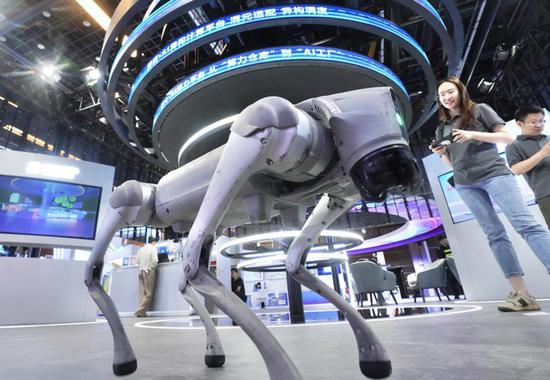
A robot dog on display at the Global Digital Economy Conference 2024, which kicked off on Tuesday in Beijing. (CHENG GONG/FOR CHINA DAILY)
China will encourage companies and institutions to develop core technologies and landmark products in future-oriented and strategic emerging industries, to drive industrial upgrade and promote new industrialization, the country's top industrial regulator said on Friday.
Jin Zhuanglong, minister of industry and information technology, said accelerated efforts will be made to develop future-oriented industries, especially humanoid robots, brain-computer interfaces, the metaverse, the next generation of the internet, 6G, quantum technology, atomic-level manufacturing, and deep sea and aerospace.
"A series of research projects will be implemented to make breakthroughs on core technologies, develop landmark products, and establish incubators, related to the above future-oriented industries," Jin said at a news conference of the State Council Information Office on Friday.
He said the nation will also step up efforts to drive businesses in strategic emerging industries, which accounted for about 13 percent of China's GDP last year and boast significant growth potential in the future.
The senior official highlighted the importance of some critical strategic emerging industries, such as new materials, artificial intelligence, intelligent connected new energy vehicles, new energy storage, hydrogen energy, biomanufacturing, commercial aerospace and the low-altitude economy.
"China will make greater efforts to cultivate leading companies with strong ecosystems related to such strategic emerging industries, and will strive to build more new pillar industries that can drive industrial upgrades," he added.
In January, the Ministry of Industry and Information Technology, along with six other authorities and departments, unveiled a guideline urging the country to grasp global opportunities in technology innovation and industrial development, especially in six future directions: future manufacturing, future information, future materials, future energy, future space and future health.
A batch of incubators and pilot zones of future-oriented industries should be built by 2025, while breakthroughs should be achieved in about 100 core technologies in key fields, the guideline said.
Hong Qunlian, a researcher at the National Development and Reform Commission's Academy of Macroeconomic Research, said: "It has become clearer that more efforts are expected to be made to encourage companies to achieve breakthroughs in key technologies like chips and overcome other technical bottlenecks this year, amid intensified global competition and geopolitical uncertainties.
"Without breakthroughs in these areas, it is impossible to achieve industrial upgrade and stable industrial growth."
In May, China's industrial output — a gauge of activity in the manufacturing, mining and utilities sectors — grew by 5.6 percent year-on-year, according to the National Bureau of Statistics.
Fixed-asset investment — a gauge of expenditures on items including infrastructure, property, machinery and equipment — also increased by 4 percent year-on-year in the January-May period.
On Friday, Jin said that the country will "further expand effective investment in manufacturing" and implement detailed plans for equipment upgrades in the industrial sector to promote the renewal of equipment.
China is currently promoting the upgrade of the industrial equipment. The country aims for a growth of over 25 percent in industrial equipment investment by 2027 compared to the level in 2023.
"The country will also leverage funds, including manufacturing transformation and upgrading fund, integrated circuit fund, as well as small and medium-sized enterprise development fund, to invest in more manufacturing sectors, and guide social capital to invest in some key areas and weak links in the construction of a modern industrial system," he added.
Investment in industrial equipment accounts for over 70 percent of total equipment investment in the country, and the annual scale of equipment renewal in the industrial sector is around 4 trillion yuan ($553 billion).
The nation is also hoping to achieve a digitalization rate of over 90 percent for research and development design tools in major industrial enterprises, and the usage rate of computer numerical control exceeding 75 percent for key processes in them.
Analysts at Wanlian Securities said in a research note that strategic emerging and future-oriented industries will be the key focus areas for industrial upgrade under the plan for developing new quality productive forces.
They also said the policies guiding large-scale equipment renewal will directly benefit the high-end, intelligent and green trajectory of the industrial equipment sector.










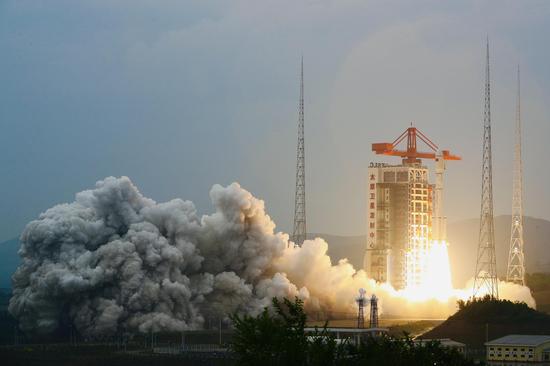
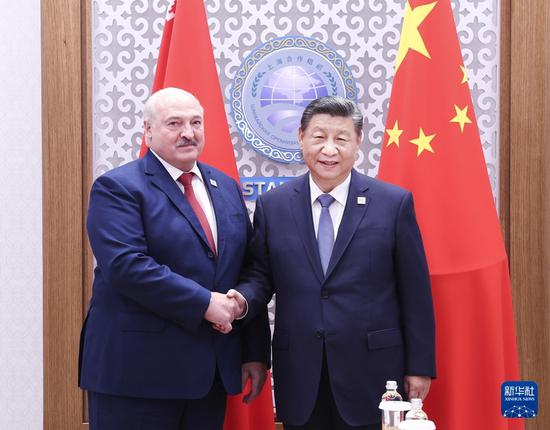

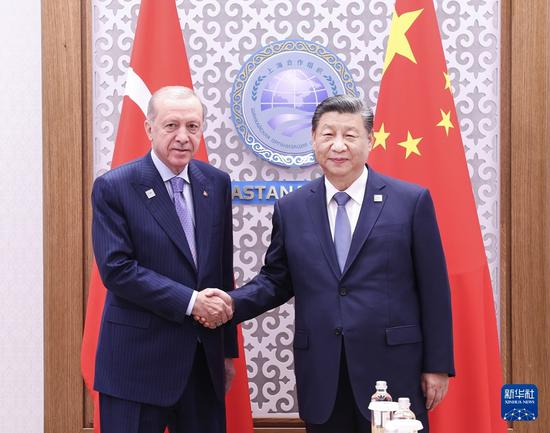


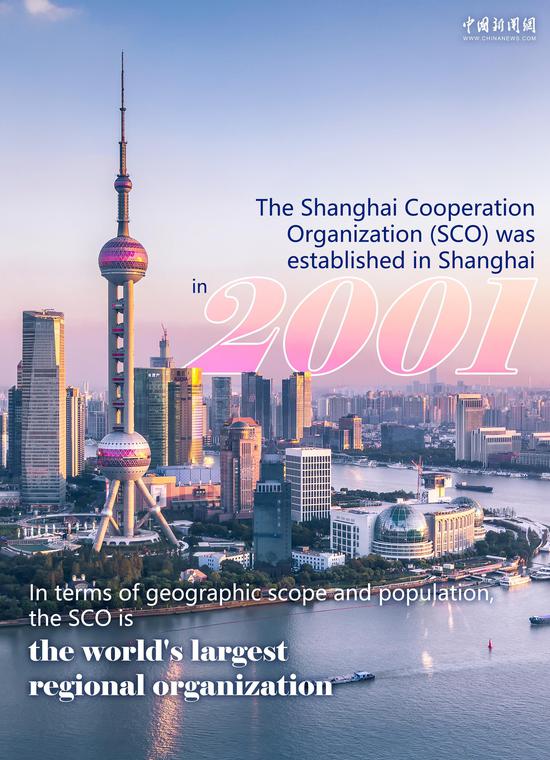

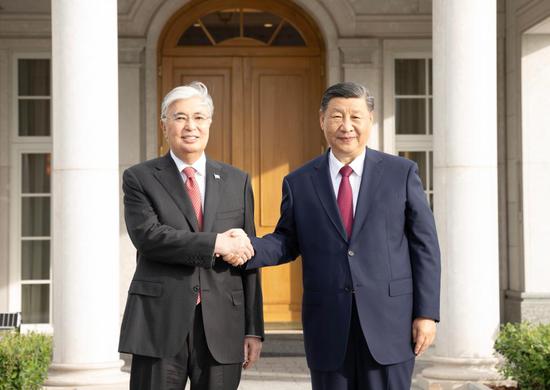
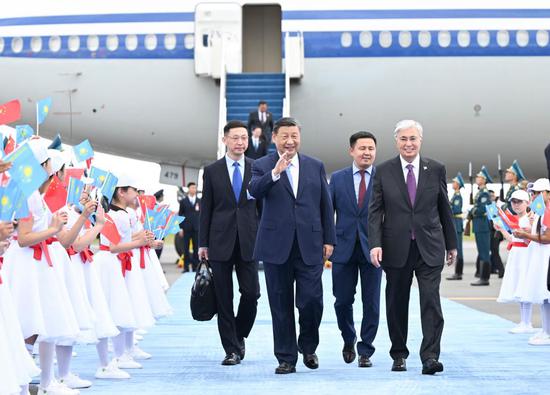

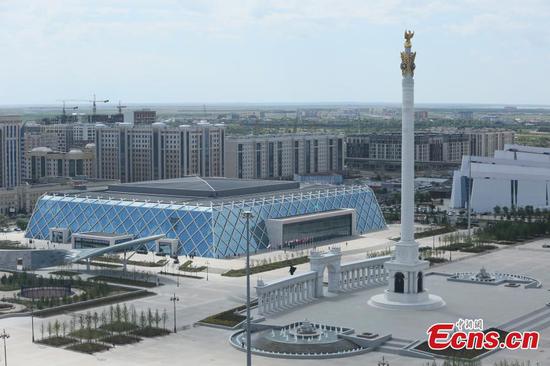






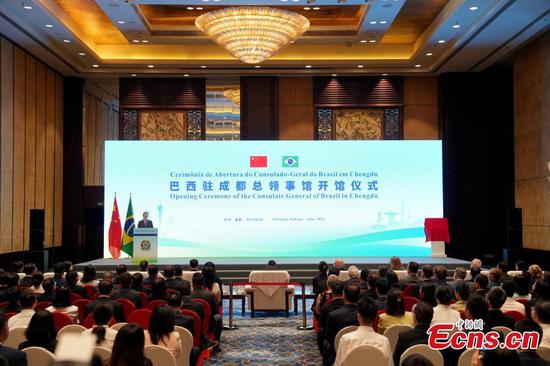
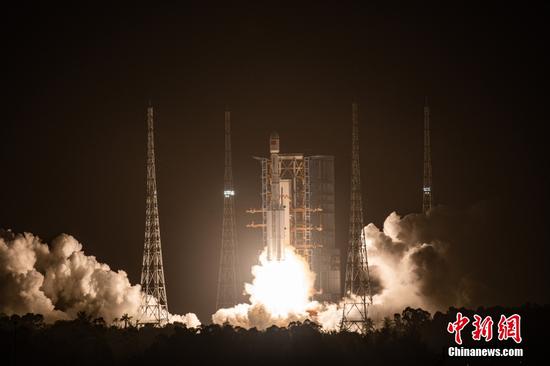

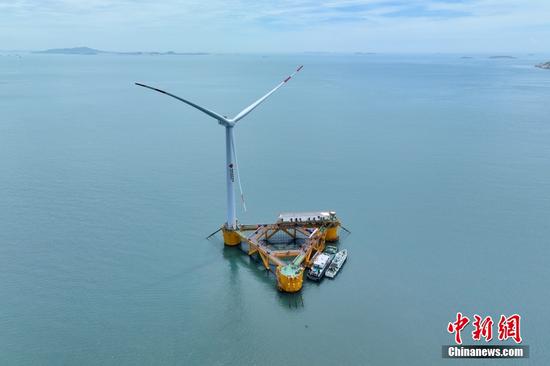
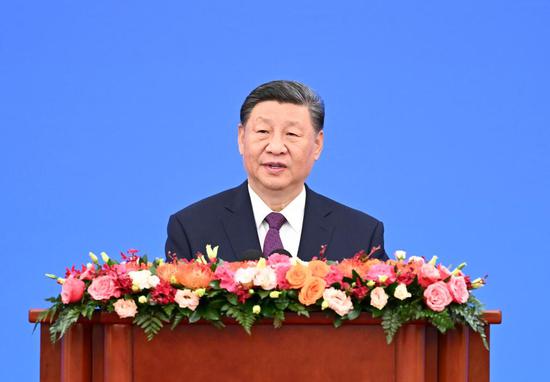






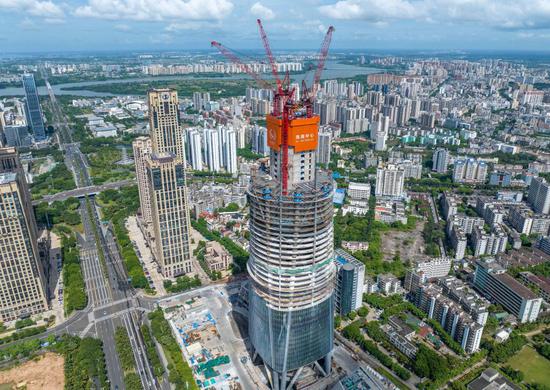



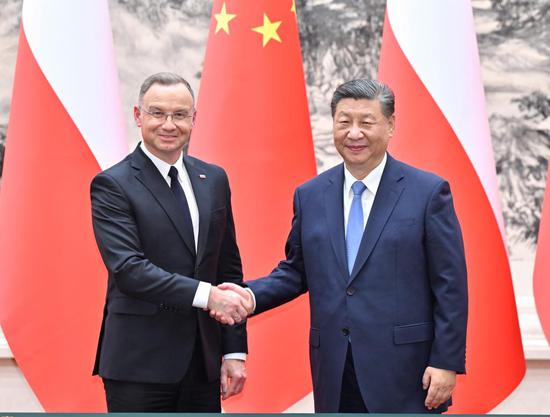






 京公网安备 11010202009201号
京公网安备 11010202009201号